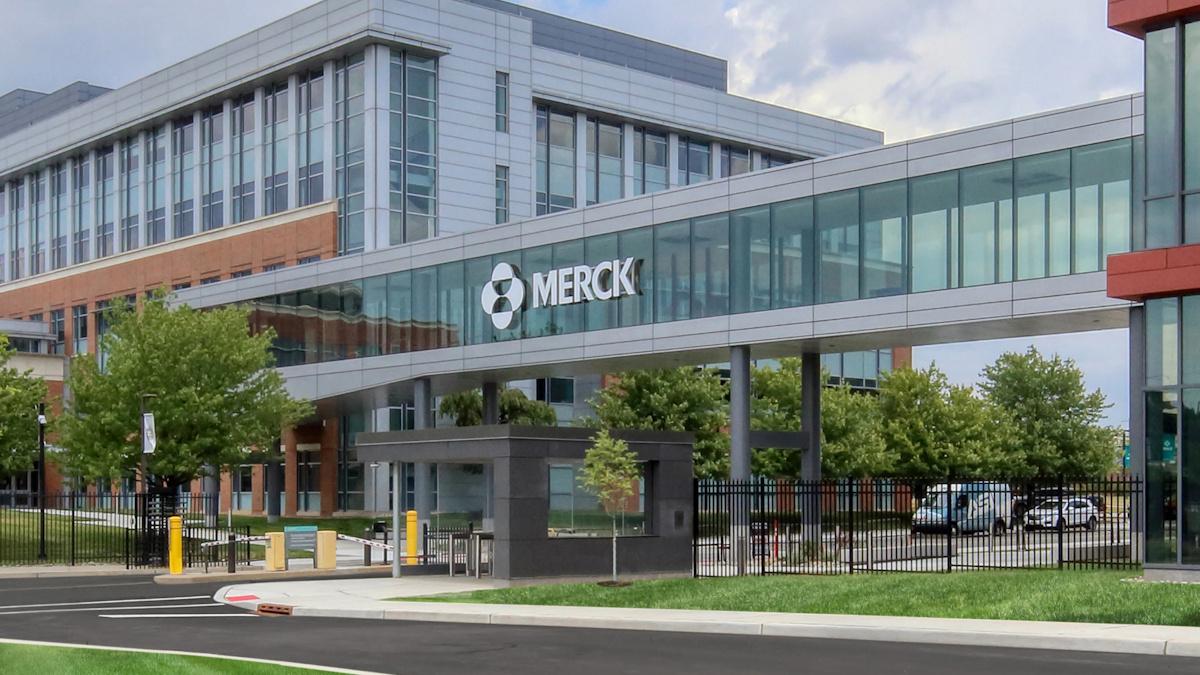MSD has gauged its financial hit from Trump tariffs

MSD's chief executive Rob Davis
MSD is expecting to see an additional $200 million layered onto its costs this year as a result of President Trump's tariffs – even before a possible pharma-specific levy is announced.
The US pharma group has trimmed its 2025 earnings fortunes slightly in light of the current tariff situation – which includes a flat 10% rate on imports into the US from around the world and a much higher level on major pharma producer China – but has maintained its revenue guidance for the year.
At the moment, pharma is exempt from the tariffs, but the White House has signalled that the situation may change and has launched an investigation into the sector.
In its first-quarter results update, MSD – which is known as Merck & Co in the US and Canada – said it expects full-year revenues to meet its earlier forecast of $64.1 billion to $65.6 billion after making $15.53 billion in the first quarter, down 2%, but a little ahead of analyst forecasts.
MSD's chief executive, Rob Davis, told analysts on the group's earnings call that its current inventory levels mean it is well placed to mitigate any impact of wider-ranging tariffs in the near term, but – like many other drugmakers – is starting to look at whether it will need to relocate manufacturing.
A string of big pharma companies, including Eli Lilly, Johnson & Johnson, Novartis, and Roche, have announced major investments in manufacturing and R&D facilities in the US in response to pressure from Trump to relocate plants in the US.
MSD said it has allocated more than $12 billion for US capital investments since 2018 and plans to spend another $9 billion by the end of 2028. That includes the recently announced opening of a $1 billion vaccine manufacturing plant at its Durham, North Carolina, site, which will be used to produce the bulk drug substance for its HPV vaccine Gardasil.
Davis said the company believes it is "aligned with what the administration is wanting to do" on reshoring.
Along with the tariff hit, MSD also said that its profits would be hit this year by a reduction in Gardasil sales, which fell 40% to $1.3 billion in the first quarter due primarily to lower demand in China. That is the third successive quarter of declines for the vaccine, which is MSD's second biggest seller after cancer immunotherapy Keytruda (pembrolizumab).
Keytruda rose 4% to $7.21 billion to the company's coffers in the three-month period, a little shy of predictions, with the miss put down to inventory issues.












